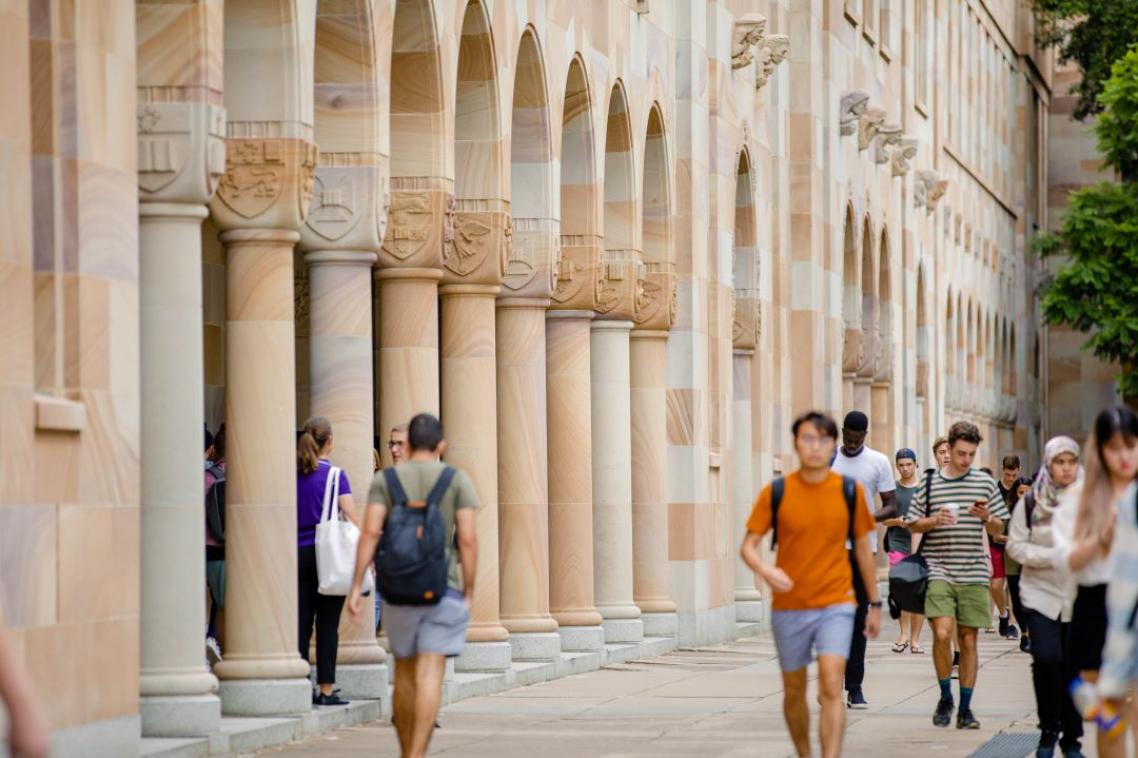Study of sub-Antarctic ecosystems brings national recognition
A study into how a sub-Antarctic island’s ecosystem has changed since the eradication of introduced mammals has won a prestigious Australian Academy of Science prize.
University of Queensland PhD student Melissa Houghton shares the Max Day Environmental Science Fellowship Award for 2018, and will receive $12,000 for her research.
Ms Houghton is undertaking the first study of invertebrates (insects, spiders and other organisms without a backbone) on Macquarie Island since the eradication of rabbits, rats and mice in 2014.
“My research aims to quantify ecosystem change on the World Heritage islands of the sub-Antarctic, including Australia’s Macquarie Island and New Zealand’s Antipodes Island, both of which have recently undergone eradication programs for introduced mammals,” she said.
Ms Houghton said a large proportion of the world’s biodiversity was restricted to islands but was threatened by invasive species that could cause extinctions and ecosystem disruption.
She is determining the impact of invasive species eradications on invertebrates such as insects which are commonly overlooked in conservation science, and are rarely included in biodiversity monitoring or conservation management.
“Developing invertebrates as bioindicators of ecosystem change will give tools to managers and scientists to assess the conservation benefits of future island eradication programs,” she said.
Ms Houghton said she would work with world leaders in the highly specialised field of sub-Antarctic invertebrate taxonomy to improve her knowledge of beetles, flies and springtails.
Part of her award funding will be used to provide i-buttons to record microclimate at Macquarie Island sites, to understand how temperature and humidity varies in different vegetation, and how this affects invertebrates.
Ms Houghton, a PhD student in the Threatened Species Recovery Hub, National Environmental Science Program, is based at the Australian Antarctic Division and supervised by UQ School of Biological Sciences researcher Dr Justine Shaw.
Ms Houghton’s research is supported by the Australian Antarctic Science program, the UQ School of Biological Sciences, and the Threatened Species Recovery Hub of the National Environmental Science Program.
She shares the award with Ms Charlie Phelps from Edith Cowan University. They will receive their awards at the Science at the Shine Dome on 23 May 2018.
Learn more about science in Antarctic areas with the Conservation Crossroads podcast, which features Dr Shaw this week.
UQ School of Earth and Environmental Sciences PhD student Nick Leseberg was co-winner of the inaugural prize in 2017, for his study of the shy and nocturnal night parrot.
Media: Melissa Houghton, m.houghton@uq.net.au, +61 3 6232 3438 or +61 (0) 401 818 691.
Related articles

Should you consent to your doctor using an AI scribe? Here’s what you should know.

$1.85 million boost for UQ research projects
Media contact
UQ Communications
communications@uq.edu.au
+61 429 056 139
